The Plant-Powered Plate: Your Ultimate Guide to a Nutrient-Rich Vegan Lifestyle
In recent years, the vegan lifestyle has transcended from a niche dietary choice to a mainstream movement celebrated for its health benefits and ethical considerations. Embracing a plant-powered plate means committing to a lifestyle that prioritizes nutrient-rich, whole foods derived from plants. This guide will explore the fundamentals of a vegan diet, delving into the nutritional aspects, environmental impact, and practical tips for maintaining a balanced vegan lifestyle. Whether you're a seasoned vegan or curious about making the switch, this comprehensive exploration will equip you with the knowledge to thrive on a plant-based diet, ensuring you meet all your nutritional needs while enjoying a diverse array of delicious meals.
Understanding Plant-Based Nutrition
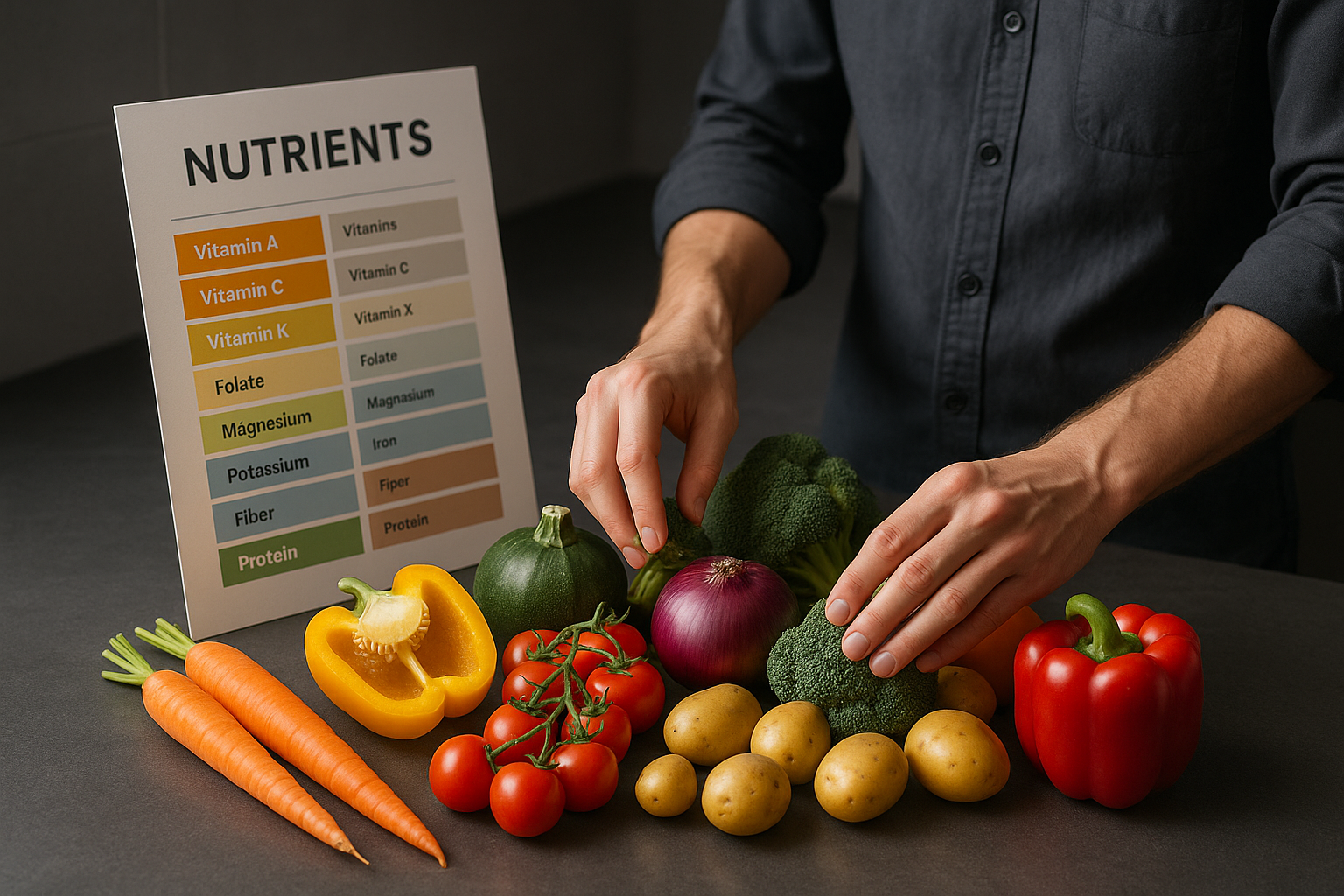
A well-planned vegan diet can provide all the essential nutrients your body needs, but understanding the basics of plant-based nutrition is crucial. Proteins, often a concern for those transitioning to veganism, can be easily obtained from legumes, nuts, seeds, and whole grains. Iron, typically associated with red meat, is abundant in lentils, chickpeas, and spinach. It's important to pair these with vitamin C-rich foods to enhance absorption. Omega-3 fatty acids, vital for brain health, can be sourced from flaxseeds and walnuts. Additionally, fortified foods and supplements can help meet vitamin B12 needs. By focusing on a variety of whole foods, you can ensure a balanced intake of macronutrients and micronutrients.
Benefits of a Vegan Diet
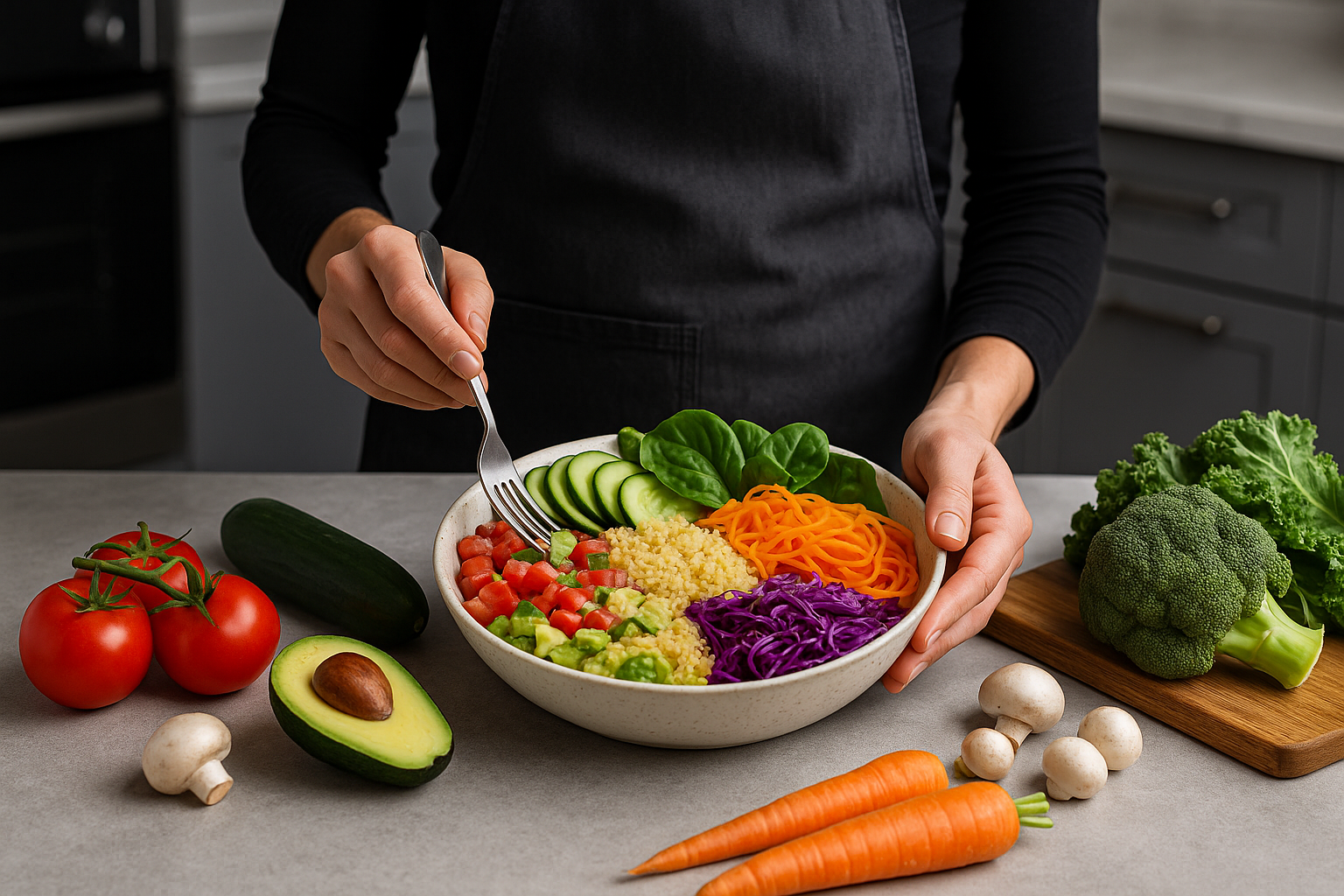
A vegan diet offers numerous health benefits, supported by a growing body of scientific research. Individuals following a plant-based diet often experience lower cholesterol levels, reduced risk of heart disease, and improved blood sugar control. The high fiber content of plant foods promotes a healthy digestive system and aids in weight management. Moreover, the abundance of antioxidants and phytonutrients in fruits and vegetables boosts the immune system and reduces inflammation. Studies also suggest that a vegan diet may lower the risk of certain cancers. By choosing a plant-powered plate, you not only enhance your health but also contribute to a more sustainable and compassionate world.
Environmental Impact of Veganism
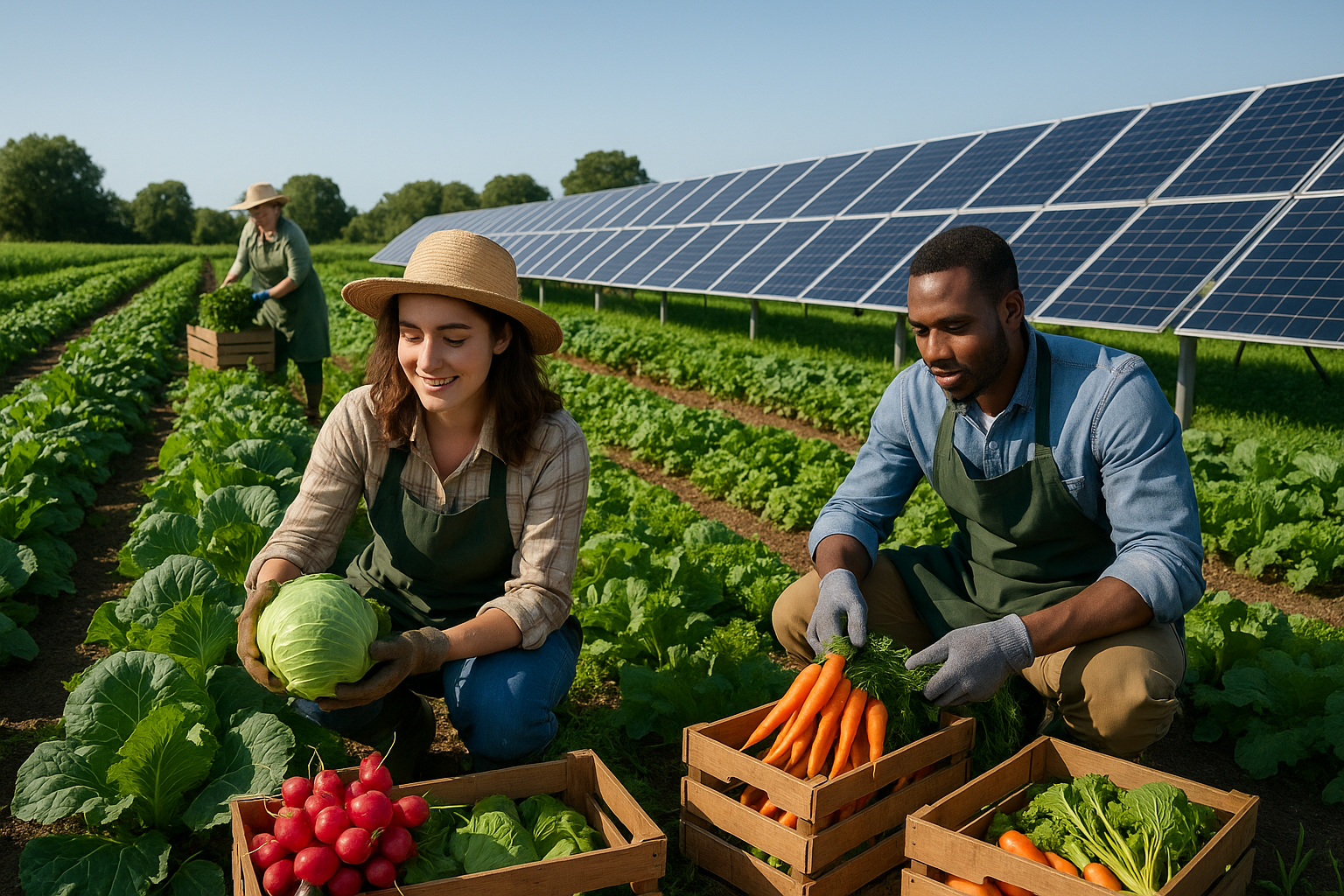
The environmental benefits of adopting a vegan lifestyle are profound. Animal agriculture is a leading cause of deforestation, greenhouse gas emissions, and water pollution. By reducing the demand for animal products, vegans play a critical role in minimizing their carbon footprint. Plant-based diets require significantly less land and water resources compared to diets rich in animal products. Transitioning to a vegan lifestyle can help combat climate change, preserve biodiversity, and protect natural habitats. By choosing plants over animal products, individuals can make a positive impact on the planet, promoting a more sustainable future for generations to come.
Ethical Considerations

For many, veganism extends beyond dietary choices to encompass ethical considerations regarding animal welfare. The industrial farming of animals often involves inhumane practices, with animals subjected to overcrowded and stressful conditions. By opting for a vegan lifestyle, individuals reject the exploitation of animals for food, clothing, and other products. Veganism advocates for a compassionate approach to living, where all beings are respected and valued. This ethical stance encourages a shift towards cruelty-free alternatives in all aspects of life, fostering a more humane society. Embracing veganism aligns with the values of empathy and kindness, offering a way to live more harmoniously with the natural world.
Transitioning to a Vegan Diet

Transitioning to a vegan diet can be a rewarding journey, but it requires thoughtful planning and gradual changes. Start by incorporating more plant-based meals into your weekly routine, experimenting with new recipes and ingredients. Familiarize yourself with vegan substitutes for dairy, eggs, and meat, such as almond milk, tofu, and tempeh. Stock your pantry with staples like beans, grains, and nuts. It's important to educate yourself on reading food labels to identify hidden animal products. Joining vegan communities, both online and offline, can provide support and inspiration. Remember, transitioning is a personal process, and small, consistent changes can lead to lasting habits.
Meal Planning for a Balanced Vegan Diet
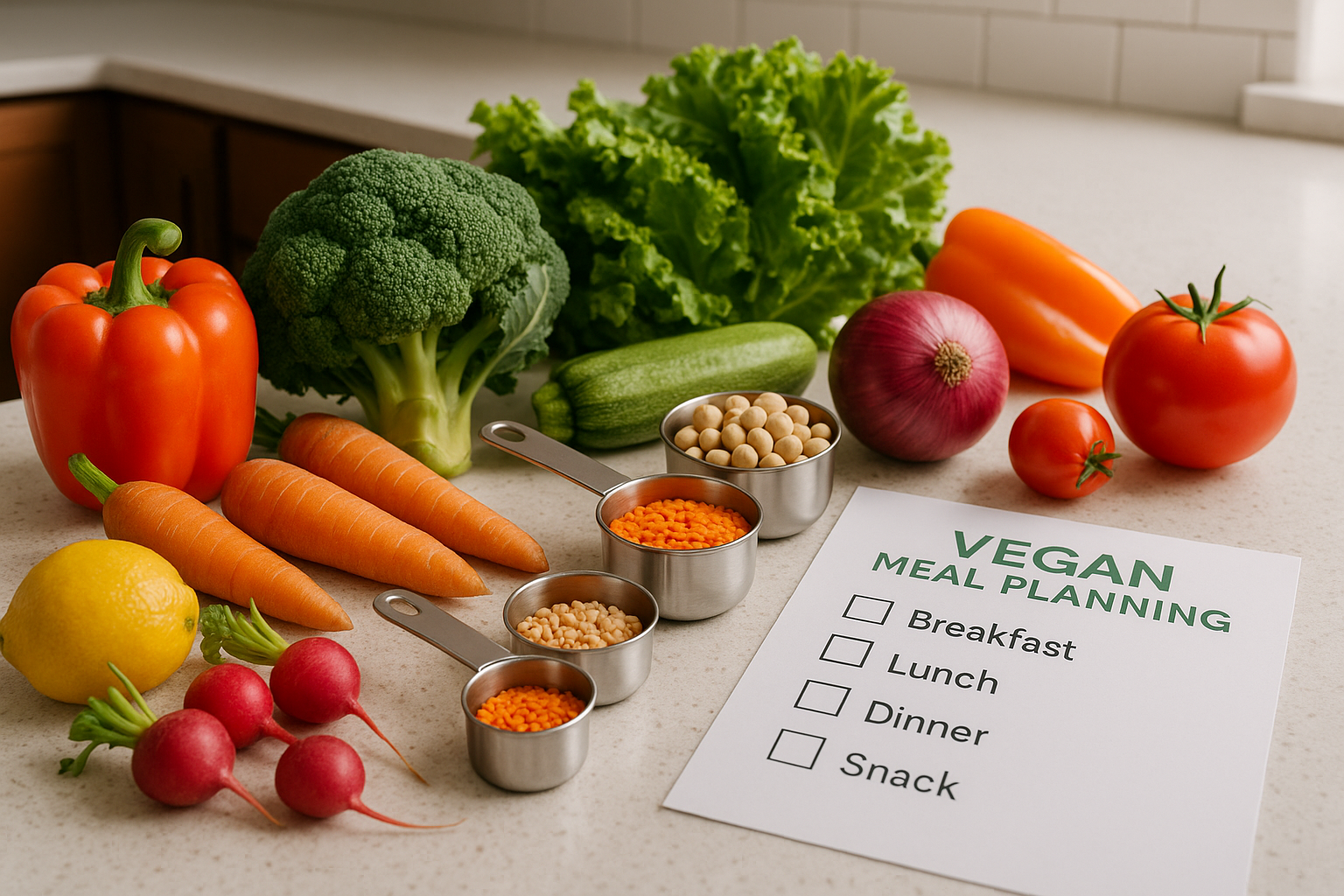
Effective meal planning is key to maintaining a balanced vegan diet. Start by setting aside time each week to plan meals and create a shopping list. Focus on incorporating a variety of colorful fruits and vegetables, whole grains, and plant-based proteins into your meals. Batch cooking and preparing meals in advance can save time and reduce stress during busy weeks. Consider experimenting with global cuisines, such as Indian or Mediterranean, which naturally feature many plant-based dishes. Utilizing digital tools and apps can help track nutritional intake and ensure you're meeting your dietary needs. With thoughtful planning, a vegan diet can be both nutritious and delicious.
Overcoming Common Challenges
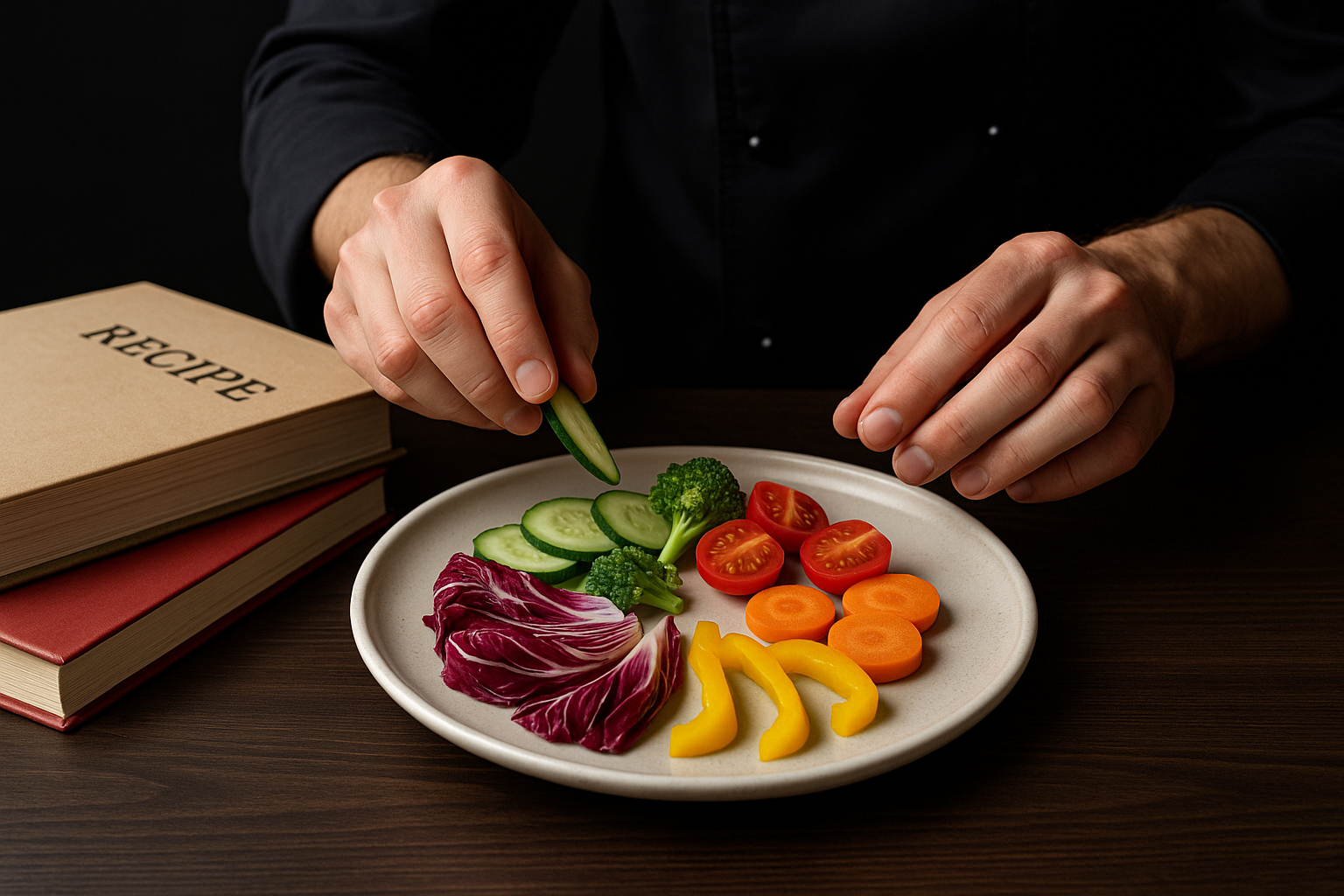
While adopting a vegan lifestyle can be fulfilling, it may come with challenges. Social situations, such as dining out or attending events, can pose difficulties. Research restaurants in advance and suggest vegan-friendly options to friends and family. Dealing with skepticism from others can be daunting; arm yourself with knowledge and share the benefits of veganism confidently. Cravings for non-vegan foods may occur, especially during the transition phase. Explore vegan alternatives and focus on the diverse flavors and textures of plant-based foods. Remember, challenges are part of the journey, and overcoming them strengthens your commitment to a plant-powered lifestyle.
Exploring Vegan Culinary Delights

One of the joys of a vegan lifestyle is discovering the vast array of culinary delights available. From creamy avocado toast to hearty lentil stews, the possibilities are endless. Explore the world of vegan baking, using ingredients like aquafaba and coconut oil to create delectable treats. Experiment with plant-based cheeses and dairy-free desserts, such as cashew-based cheesecakes. The rise of vegan restaurants and food festivals offers opportunities to try innovative dishes crafted by talented chefs. Embrace the challenge of vegan cooking by experimenting with spices, herbs, and global cuisines. The plant-powered plate is a canvas for creativity, offering endless opportunities to tantalize your taste buds.
Nutrient-Rich Superfoods

Incorporating superfoods into your vegan diet can elevate your nutritional intake and enhance overall well-being. Foods like quinoa, chia seeds, and spirulina are packed with essential nutrients and can easily be added to meals. Quinoa, a complete protein, is versatile and can be used in salads, soups, and stir-fries. Chia seeds are rich in omega-3 fatty acids and can be sprinkled on smoothies or used to make puddings. Spirulina, a blue-green algae, is a powerful source of antioxidants and can be blended into smoothies. By incorporating these nutrient-dense foods, you can boost your energy levels and support optimal health on a plant-based diet.
The Role of Supplements

While a well-planned vegan diet can provide most essential nutrients, certain supplements may be necessary to ensure optimal health. Vitamin B12, primarily found in animal products, is crucial for nerve function and the production of DNA. Vegans should consider taking a B12 supplement or consuming fortified foods. Vitamin D, important for bone health, can be obtained through sunlight exposure, but a supplement may be needed during winter months or for those with limited sun exposure. Omega-3 supplements derived from algae can support heart and brain health. Consulting with a healthcare professional can help tailor a supplement regimen to meet your specific nutritional needs.
Veganism for Athletes

Athletes can thrive on a vegan diet with proper planning and attention to nutrient intake. Plant-based proteins, such as lentils, chickpeas, and tofu, support muscle repair and growth. Carbohydrates from whole grains and fruits provide the energy needed for training and recovery. Hydration is essential, and consuming electrolyte-rich foods like bananas and coconut water can aid in replenishment. Many elite athletes, including runners and bodybuilders, have successfully adopted vegan diets, citing improved recovery times and increased energy levels. By focusing on nutrient-dense foods and staying mindful of caloric intake, athletes can excel in their performance while adhering to a vegan lifestyle.
The Plant-Powered Future

The plant-powered plate is more than just a dietary choice; it's a commitment to health, sustainability, and compassion. As more individuals embrace veganism, the demand for plant-based products continues to rise, driving innovation in the food industry. By choosing a vegan lifestyle, you contribute to a more sustainable and humane world, while reaping the numerous health benefits of a nutrient-rich diet. Whether you're motivated by health, the environment, or ethics, the transition to a plant-based lifestyle is a journey worth embarking on. With the right knowledge and resources, you can thrive on a vegan diet, enjoying a vibrant and fulfilling life.
